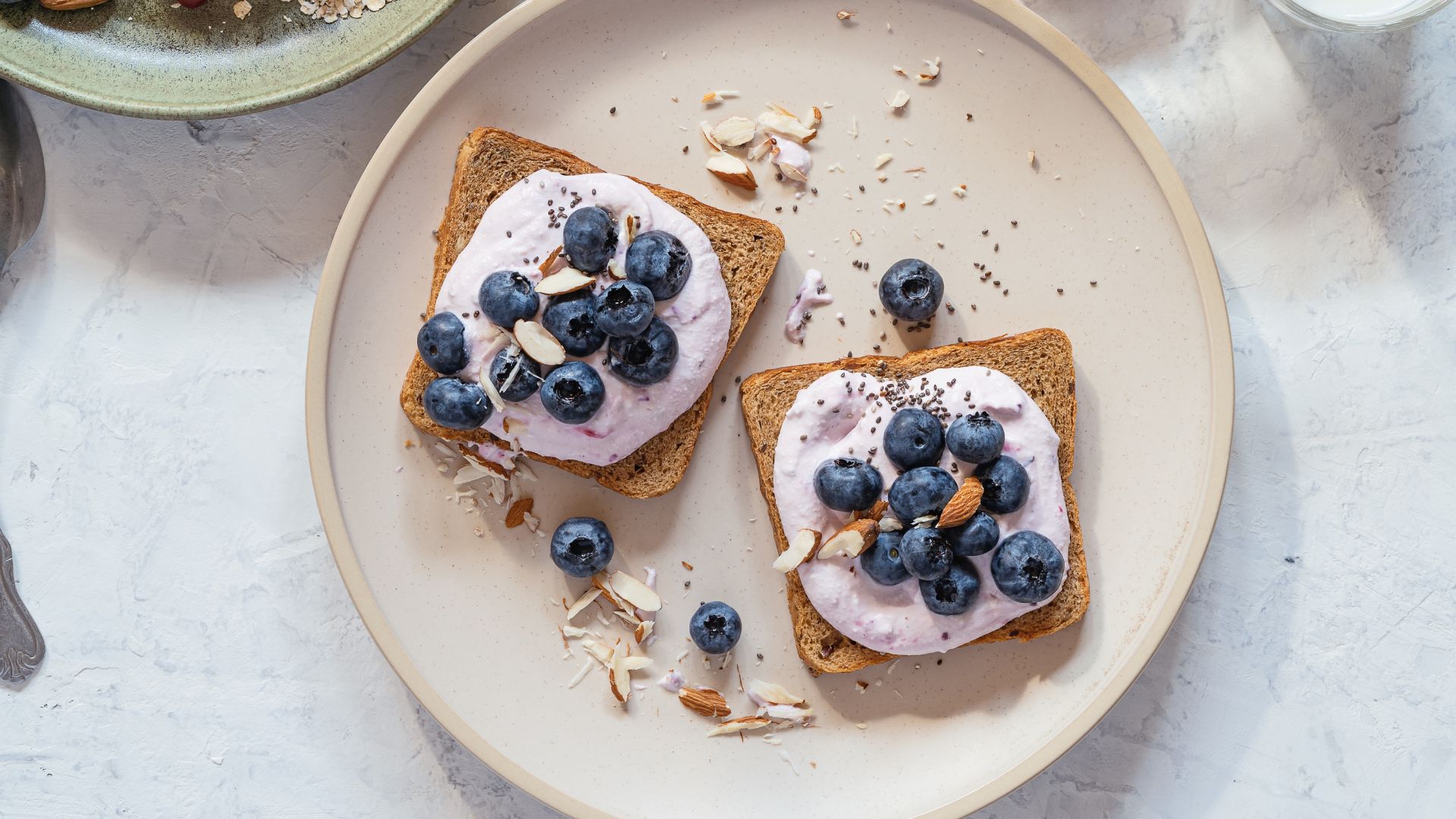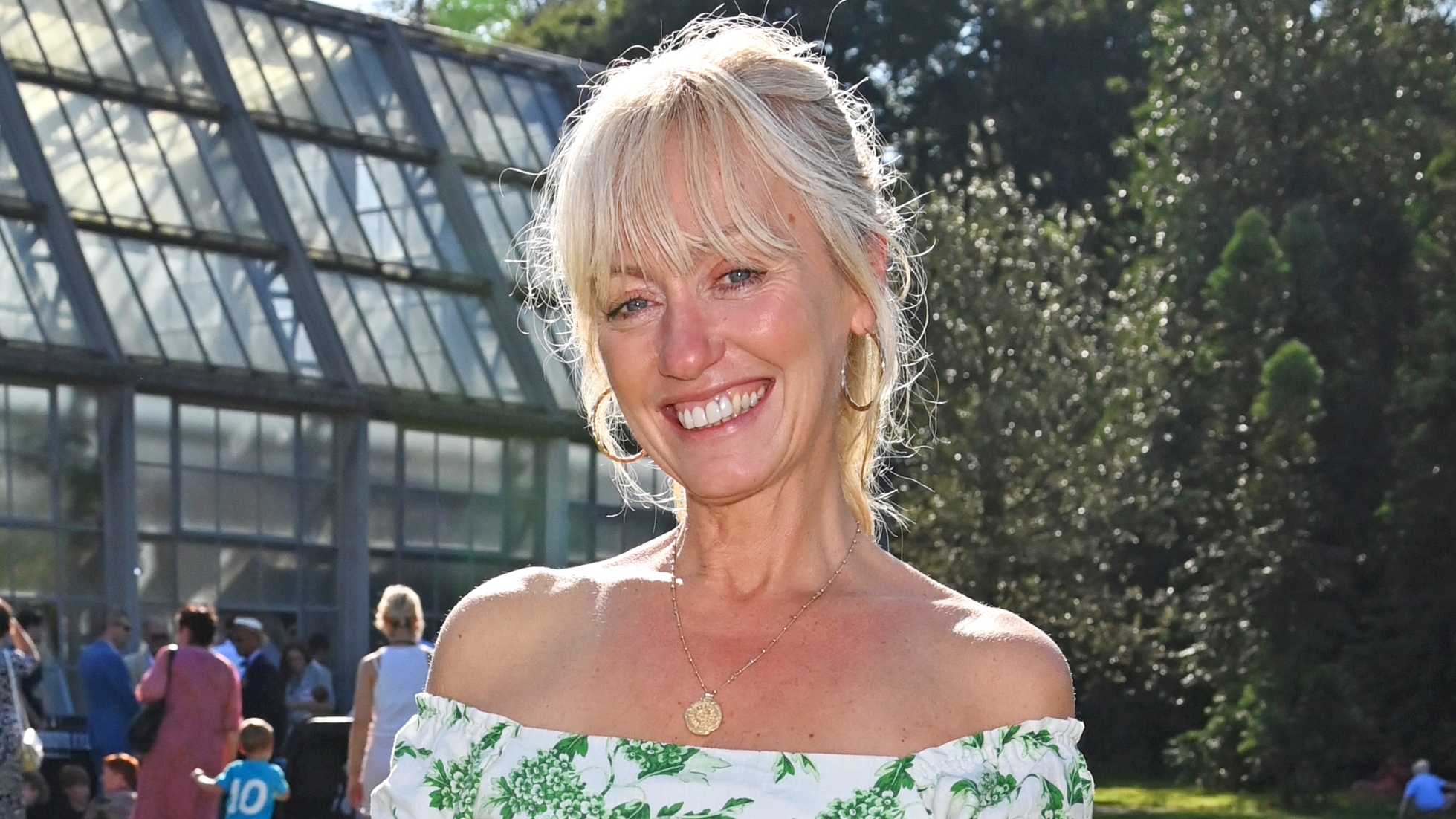How to combat SAD: 9 expert-approved ways to handle the winter blues
Experts reveal how to combat SAD and prepare for winter, with easy tips to try at home


If you're looking to learn how to combat SAD this winter, you're definitely not alone. While few people experience the depression-like condition at its worst, most of us will feel the effects of seasonal changes on our mood, sleep, eating habits, and motivation.
In the winter, it's natural for the days to get shorter as the sun moves toward the southern horizon. The nights get darker earlier and the mornings get lighter later, leaving us with very few hours of natural daylight. As daylight is vital in maintaining our internal body clock, controlling everything from when we eat to how we sleep, it's no surprise that the shift can throw us off.
Seasonal affective disorder (SAD) is otherwise known as the 'winter blues', explains Dr Lindsay Browning, a chartered psychologist and neuroscientist. "People with SAD often experience symptoms of depression, oversleep and overeat. Although the exact cause of SAD is not fully understood, it's thought that the reduced light levels increase our production of melatonin, making us feel more sleepy and decrease our production of serotonin, making us feel sadder."
Although anyone can experience the condition, it's well established that women are more at risk. According to a review by Athabasca University, young women are actually four times more likely to experience the condition than men. Generally, up to 9% of people across Europe and North America have the condition.
So whether you normally experience seasonal affective disorder and heightened anxiety in winter or you want to be prepared for changes this year, how do you combat SAD? Here, a range of experts from nutritionists to scientists specializing in circadian rhythms tell woman&home everything you need to know.

How to combat SAD
1. Seek out natural sunlight
Since the main cause of seasonal affective disorder is the lack of natural light, seeking it out where possible is always going to be the number one way to help. Go outdoors as early as possible when you wake up, suggests Dr Greg Potter, a scientist and specialist in sleep and circadian rhythms. "Ideally, spend at least 30 minutes outdoors at this time, and don’t wear a cap or sunglasses," he says.
Dr Browning, who is also the sleep expert for And So To Bed, says doing so will help you adjust to the changing daylight hours as light exposure suppresses our melatonin production - essentially telling us that it's time to wake up. The earlier this happens, the less likely we are to feel sluggish and tired in winter. "In winter, we get reduced light levels which lead to an increase in melatonin production," she explains. "With darker evenings and mornings, we may go to work in the dark and go home from work in the dark, leading to a significant reduction in the light cues we need. This can affect our general sleepiness leading to feeling less energetic and alert during the day."
Sign up for the woman&home newsletter
Sign up to our free daily email for the latest royal and entertainment news, interesting opinion, expert advice on styling and beauty trends, and no-nonsense guides to the health and wellness questions you want answered.
2. Sit by the windows when you're inside
Most of us aren't able to then continue the rest of our day outside so when it's time to head back in, try and sit as close to windows as possible. "Aim to spend at least two hours in daylight each day, in total," says Dr Potter, who is also the chief science officer at Resilient Nutrition. "If you can’t, do what you can to increase your exposure to it. For example, sit by the windows."
3. Exercise regularly
Going to work out in winter is much harder than in summer, thanks to the impact of lacking daylight on our mood and the changes to the terrain around us. However, multiple reviews of studies, including those by the University of Texas and Boston University, have shown that exercise really is one of the best things if you're looking to combat SAD this winter.
The research shows that exercise increases serotonin levels and endorphins while naturally decreasing stress hormone levels, all of which help us sleep better, regulate our mood, and are proven to help increase our sense of control, resilience, and self-esteem.
Practically, the studies also suggest that exercise provides a great distraction from feelings of anxiety during winter, just as much as meditation and quiet rest do. And importantly, it doesn't matter whether you increase how often you do cardio or you opt for strength training, the results are likely to be the same so long as you're consistent with it.

4. Manage your stress levels
Exercise is the ultimate catch-all for improving mood, the studies show. However, it's understandable that not everyone wants to or can head out into the cold to work out over the darker months. If this is you, aim to reduce your stress levels in other ways.
As research from Baqiyatallah University of Medical Sciences reveals, the more stressed we feel, the more likely we are to also experience changes to our mood and symptoms of depression and anxiety, alongside physical manifestations like gastrointestinal issues.
Learning how to deal with stress looks different for everyone, so focus on what works best for you. If it's not exercising, it might be utilizing one of the best mindfulness apps for a meditation session, socializing with a friend, or practicing other forms of self-care.
5. Increase your vitamin D intake
One of the other likely causes of SAD in winter is a lack of vitamin D. As Nina Fava, nutritionist and health coach, explains, "Many people are deficient in vitamin D in winter, which has been linked to depression and anxiety."
You can take additional supplements to make up the shortfall that you'd otherwise normally receive from the sunlight, but it's also possible to include more vitamin D-rich foods in your daily diet. "Foods rich in vitamin D include salmon, milk, fortified cereals, red meat, and egg yolks," she says.
6. Boost your vitamin B levels
While vitamin B12 mainly comes from the food we eat, rather than the sun, so we should have enough of it year-round, boosting your vitamin B12 levels in winter can really help you combat the winter blues.
"A vitamin B12 deficiency also associated with low mood and depression when lacking in the body," explains Fava, who is also the nutrition and health coach at wellness platform, Able."Including sources of vitamin B12 such as liver, beef, sardines, yogurt, milk, eggs, cheese, and fortified foods can help."
Not only this, but vitamin B12 is essential in the colder months as one of its main roles is to turn food into glucose for energy. If we are lacking in it, we can produce less energy and so feel more fatigued throughout the day - which could also be contributing to symptoms of SAD.

7. Prioritize better sleep
If you want to learn how to combat SAD then prioritizing better quality sleep with more deep sleep could be the answer. "Sleep architecture, the duration and sequences of stages of sleep we all pass through at night, might change a little during bouts of SAD," explains Dr Potter. "During dips in mood, people who experience SAD have more rapid eye movement (REM) sleep, a stage of sleep that is particularly important to the ability to regulate emotions."
However, research from Brigham and Women's Hospital shows that those who experience SAD tend to have less deep sleep than others. While all the stages of REM sleep are vital, deep sleep also has a huge impact on our energy levels and overall health. This is where our memories are consolidated, we process learnings, physical recovery occurs, our blood sugar levels and metabolism level out, and the brain detoxifies.
To learn how to sleep better, start by setting and bedtime routine and choosing the best time to wake up and go to sleep every night during winter, then try to keep it consistent. Once you've established a routine, your body will be acclimatized to going to sleep and waking up at this hour, meaning you'll feel more rested in the morning as your body will recognize it's time to wake up - even if the external sunlight cues are missing.
8. Keep your blood sugar stable
The food we eat in winter can contribute hugely to a better mental mindset and be an essential part of learning how to combat SAD and the winter blues. "Having a diet rich in nutrients is key to the proper function of the body and mind," explains Fava. "Blood sugar also plays an important role in this. When it goes up, we can feel energized and happy, but when it drops we feel irritable, sluggish, and tired."
To beat the slump this winter, eat regularly and the right combination of foods. "This will help to keep your sugar levels steady and your mood more stable over the day."
Slow-release carbohydrates will be essential in this, the nutritionist says. "Oats, whole grains, vegetables, beans, and fruits combined with healthy fats and proteins will help to keep your blood sugar levels stable. Other foods like nuts and seeds can be great at stabilizing blood glucose."
It's also important to eat regularly in winter, she adds. This will help to beat some of the sugar cravings that tend to come with SAD and prevent overeating for many people. "Try to eat breakfast every day to start your day well and avoid foods that will make your blood sugar rise and crash."
9. Try a SAD lamp
If you can't get outside at all during the day and you're experiencing seasonal affective disorder, Dr Potter recommends investing in a so-called 'SAD lamp' to learn how to combat SAD.
"Use a light therapy lamp that emits 10,000 lux for 30 minutes within two hours of starting your day," he suggests. "For example, if you normally wake up at 8 am, use the lamp between 8 am and 10 am."
However, if you also have epilepsy or bipolar disorder, then it's best to consult with your doctor before use as these may not be suitable for those with the conditions.
Is there treatment for seasonal affective disorder?
Yes, there are several treatments available for those looking to learn how to combat SAD. Many of them are also the same treatments used for those with depression and anxiety, so it's best to speak to your doctor. As well as advising on additional treatment methods for SAD and depressive symptoms in general, they'll be able to offer certain services designed to help.
"If you are really struggling with your mood, you could speak to your GP about talking or pharmacological therapy, such as antidepressants, to help combat SAD," says Dr Browning.
Seasonal affective disorder vs seasonal depression
Seasonal affective disorder and seasonal depression are the same thing, both referring to a change in mood, energy levels, sleep duration, and eating habits during particular months of the year, spurred on by the change in how long the daylight lasts.
"Experiments on people who go camping while not exposed to much, if any, artificial light have clearly shown that the human body clock and sleep can respond to changes in day length," says Dr Potter, so it's also possible to experience seasonal affective disorder at other times of the year.
Summer SAD, as it's known, occurs when the seasons change from autumn and winter back into spring and summer. It manifests in similar ways to the winter blues but the causes are the opposite: there's more light in the mornings and evenings, suppressing the production of melatonin, making it harder for people to sleep, leading to conditions like insomnia, and causing overall disruption to mood.

Grace Walsh is woman&home's Health Channel Editor, working across the areas of fitness, nutrition, sleep, mental health, relationships, and sex. She is also a qualified fitness instructor. In 2025, she will be taking on her third marathon in Brighton, completing her first ultra marathon, and qualifying as a certified personal trainer and nutrition coach.
A digital journalist with over seven years experience as a writer and editor for UK publications, Grace has covered (almost) everything in the world of health and wellbeing with bylines in Cosmopolitan, Red, The i Paper, GoodtoKnow, and more.
-
 Clodagh McKenna shares her 'one-minute practice' that 'really works' to clear and calm the mind
Clodagh McKenna shares her 'one-minute practice' that 'really works' to clear and calm the mindClodagh McKenna uses simple meditation to find calm, with a handy ‘one-minute practice’ helping to settle her racing thoughts.
By Charlie Elizabeth Culverhouse Published
-
 Prince George will start a new school this year and 'smart money' is on Kate and William choosing this one, says royal expert
Prince George will start a new school this year and 'smart money' is on Kate and William choosing this one, says royal expertPrince George only has just over a year left at Lambrook School and Emily Andrews believes there's a top contender for his next one.
By Emma Shacklock Published